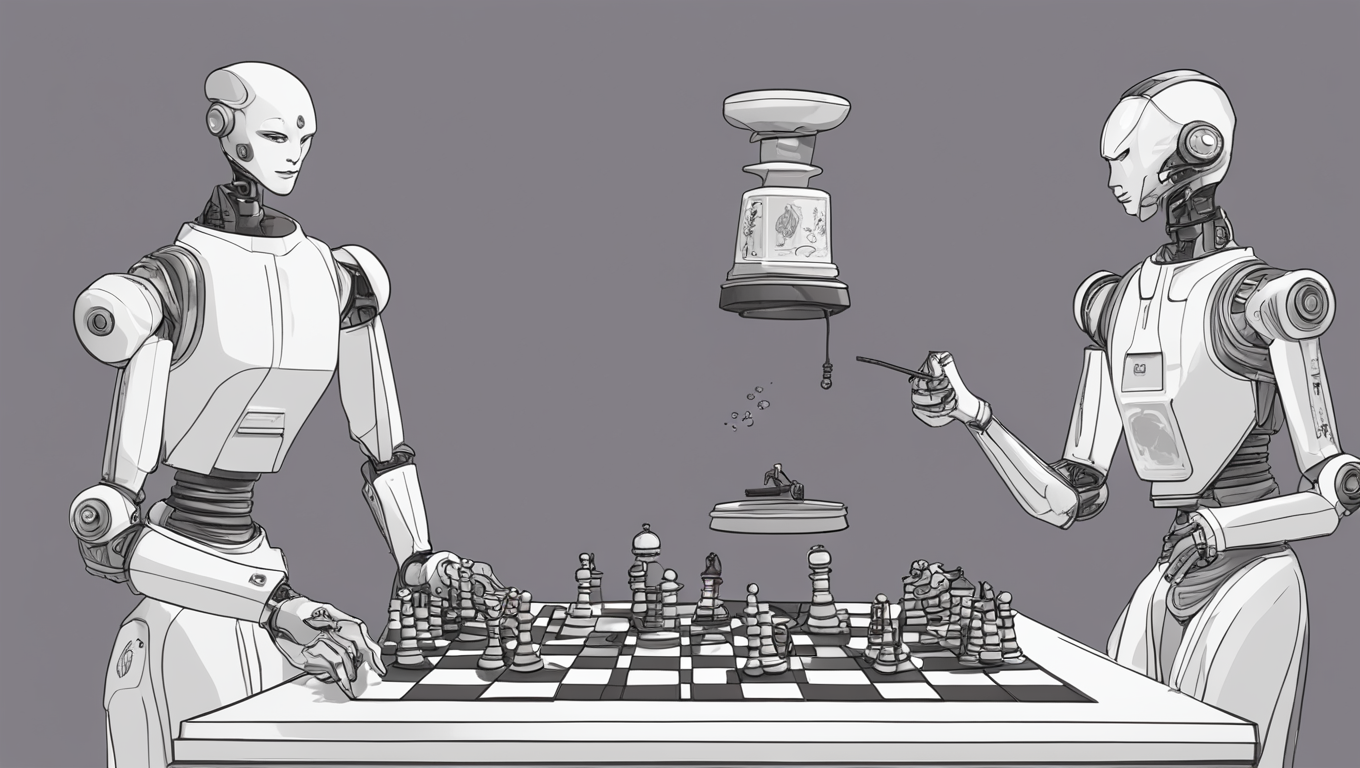In a bid to secure the United States' position as a leader in artificial intelligence (AI), a bipartisan congressional commission has recommended the establishment of a “Manhattan Project-like” program. This program would focus on funding initiatives to outpace China in the development of powerful AI systems that surpass human intelligence. The commission’s annual report, published earlier this week, suggested the creation of a project dedicated to acquiring an Artificial General Intelligence (AGI) capability, even though AGI does not currently exist.
Drawing parallels to the historic Manhattan Project, which aimed to develop the world’s first atomic bombs during World War II, the US-China Economic and Security Review Commission emphasized the need for swift action. Companies like OpenAI are at the forefront of developing AI systems capable of understanding and solving any intellectual task that humans can. By establishing a dedicated project and granting the executive branch the authority to award long-term contracts and funds to AI, cloud, and data center firms, the commission aims to establish US AGI leadership.
It is worth noting that former President Donald Trump has consistently identified China as the primary AI threat. In an interview on the “Impaulsive” podcast earlier this year, he stressed the importance of the US taking the lead in AI, stating, “We have to be at the forefront. We have to take the lead over China.” Trump had also expressed his intention to impose tariffs on China, although the Biden administration has since implemented sanctions against the country.
The US Treasury Department recently announced new restrictions on US venture capital firms' investments in Chinese tech startups, set to take effect in January. These limits are intended to prevent backing of Chinese firms involved in AI model development. To further limit China’s access to advanced AI chips, the US has also introduced additional sanctions. The commission’s report highlights that China currently has 50 companies developing AI models, while the US has only a handful of large companies engaged in similar endeavors.
OpenAI, the company behind the popular ChatGPT, has proposed increased government funding for AI development in its “Infrastructure Blueprint for the US.” OpenAI sees the Manhattan Project as a shining example of infrastructure projects that propelled the country forward. However, many AI safety advocates, including AI “godfather” Yoshua Bengio, have voiced concerns about potential dangers arising from technological competition between nations and companies. These risks encompass the possibility of AI systems going rogue without adequate risk mitigation measures.
Max Tegmark, co-founder of the Future of Life Institute and a professor at MIT, recently conveyed to The Guardian his belief that Elon Musk’s influence on the Trump administration might lead to a greater understanding of the perils involved in engaging in an AGI race. Tegmark suggests that an AGI race could ultimately prove self-destructive.
The congressional commission’s recommendations underscore the growing recognition of the strategic importance of AI in maintaining and enhancing national security. As the US seeks to compete with China in this field, there is a need for careful consideration to ensure the responsible and safe development of AI technologies. With the potential for transformative advances that AI holds, it is crucial to strike a balance between fostering innovation and mitigating risks. Only time will reveal the impact of these recommendations and the US’s ability to emerge as the leader in AGI development.





Use the share button below if you liked it.